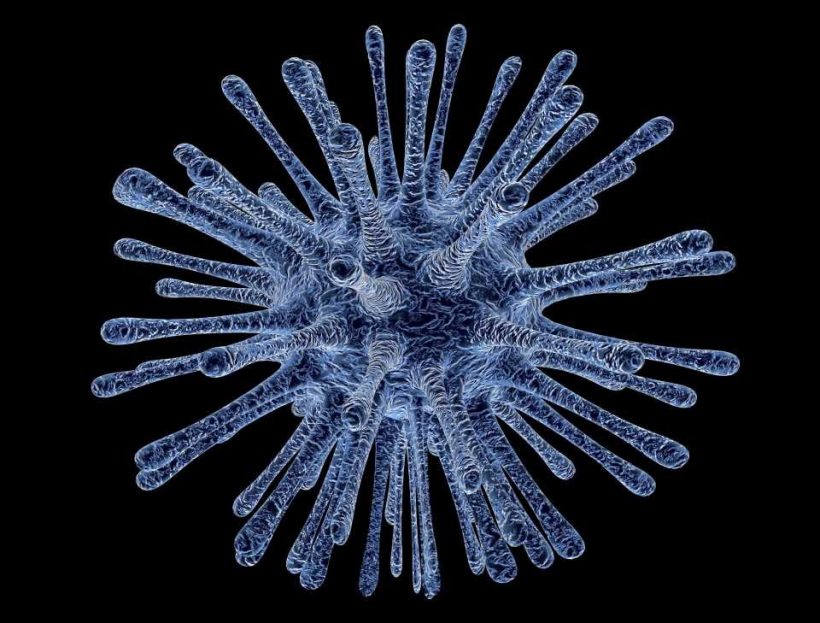
Portuguese health authorities on Wednesday confirmed five cases of monkeypox in young men, marking an unusual outbreak in Europe of a disease typically limited to Africa.
Portugal’s General Directorate for Health said they were also investigating 15 suspected cases and that all were identified this month in the area around the capital, Lisbon.
All the Portuguese cases involve men, most of them young, authorities said. They have skin lesions and were reported to be in stable condition. Authorities did not say if the men had a history of travel to Africa or any links with recent cases in Britain or elsewhere.
British health authorities said earlier this week they had identified four cases of monkeypox spread in London among gay and bisexual men. Spain’s Health Ministry said it had detected eight suspected cases of monkeypox that still needed to be confirmed.
The disease belongs to a family of viruses that includes chickenpox and smallpox. Most people recover from monkeypox within weeks.
Dr. Ibrahim Soce Fall, the World Health Organization’s assistant director-general for emergency response, said the spread of monkeypox in the U.K. needed to be investigated to understand how the disease was being transmitted among men who have sex with other men.
Fall said that health officials still need a better understanding of how monkeypox spreads in general, even in the countries where it is endemic.
He noted that while there were more than 6,000 reported cases in Congo and about 3,000 cases in Nigeria last year, there are still “so many unknowns in terms of the dynamics of transmission.”
Britain previously reported three earlier cases of monkeypox, two involving people who lived in the same household and the third someone who had traveled to Nigeria, where the disease occurs frequently in animals.
The virus has typically spread to people from infected animals like rodents, although human-to-human transmission has been known to occur. Among people, the disease is spread when there is very close contact with lesions, body fluids, respiratory droplets or contaminated materials, like bedsheets.
Some British experts said it was soon to conclude that monkeypox had spread through sexual contact, although the outbreak there suggested that possibility.
“The recent cases suggest a potentially novel means of spread,” Neil Mabbott, a disease expert at the University of Edinburgh, said, adding that related viruses were known to spread via sex.
Keith Neal, an infectious diseases expert at the University of Nottingham, said the transmission might not have occurred through sexual activity but just “the close contact associated with sexual intercourse.”
Source: Read Full Article
